
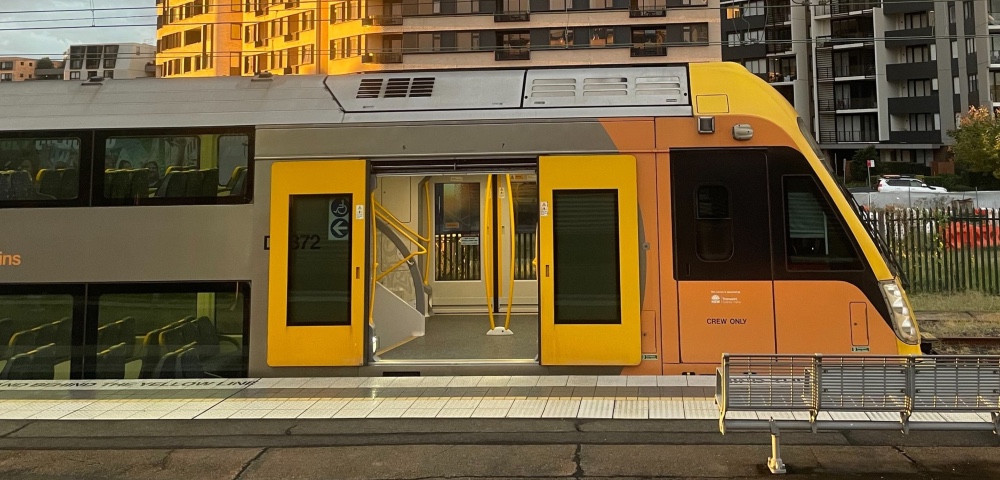
Over December and January, years of chronic industrial dispute on Sydney’s railways came to a head with a spate of rail strikes.
Sydneysiders held their breath at the indelicate dance, or perhaps became resigned to disruption, at one point unsure if Sydney Trains services would stop completely and subsequently unsure if the city’s iconic New Year’s Eve fireworks would go ahead.
At last, 5.5 million beleaguered residents and more in the surrounding regions found that the worst had passed, with the main union in January pledging not to use the same disruptive methods – and also significantly reducing the size of its requested pay rise.
There can be no doubt that Sydneysiders are relieved. Though the worst potentialities of the recent upset never came to pass, high-level talk of such occurrences rattled the city and its newspapers. Further, there can be no doubt that the public, the government, and indeed the unions, would prefer that such disruption not be repeated.
So, will Sydney see the same kind of turmoil again?
Rail strikes are nothing new
The past few years have not been the first period of industrial disruption on the railways, with the eighties seeing considerable turmoil affecting passengers in Sydney and beyond.
Numerous strikes interrupted train services in that decade, beginning in February 1980 with a wage claim by track maintenance workers, followed in November of that year with a drivers’ wage dispute, and seven more by the end of January 1985.
Much has changed in the industrial landscape since, with the establishment of the Fair Work Commission and the Fair Work Ombudsman, the introduction of automated trains on metro lines, and a national decline in union membership, although railway union membership remains strong.
More broadly, the 1980s and 90s saw a sea-change in the bipartisan consensus on economic policy as was also seen in Britain and America.
Big rail strikes are “unlikely”
Bradon Ellem, Professor of Employment Relations at the University of Sydney Business School, forecasts that the chance of another long, disruptive spate of strikes is small.
“I hate saying things like this, because you’re almost certainly setting yourself up to get proven wrong. I think that really widespread strike action like this is probably still unlikely,” Ellem told City Hub.
“One of the main reasons for saying that is that the procedures to take so-called protected industrial action – in other words, lawful strikes – are extraordinarily complex and time-consuming.”
Ellem said that the overall level of strike action in Australia is low, and that this needs to be taken into account.
“What you’ve got here, really, is something of an anomaly. If you look across the industrial landscape in Australia, the levels of strikes and any other forms of disputation are the lowest they’ve been.”
Legislative change is difficult
It may still be wondered whether the disruption that Sydney and its surrounding regions have seen may spur legislative action from a government seeking to avoid a repeat. Ellem says any such efforts would be “quite difficult” as a result of the judicial and legislative complexities surrounding protected industrial action.
“The main obvious problem would be a state government that would be trying to drive such a legislative change. These disputes are actually being heard in the federal system through the Fair Work Commission,” Ellem points out.
“So it would probably need to be a Commonwealth government that would change the legislation. That’s a really interesting issue, because after the next election it could be on the cards. It could be on the cards at the federal level.”
It has not been lost on observers that the strikes have occurred whilst Labor has held government, but Ellem says that some of the most bitter industrial disputes have occurred under Labor governments.
“Some people would say Labor governments get away with fighting back more than a Liberal government … there are plenty of precedents.”
Reprieve from rail strikes for travellers
At a press conference in late January, then-Transport Minister Jo Haylen – who has since resigned – was triumphant following the Rail, Tram and Bus Union’s withdrawal of industrial action.
“As a result of the government’s legal action, today the rail unions have withdrawn their industrial actions,” the transport minister said on 22 January.
“Now we have certainty for the travelling public. Passengers will no longer be caught in the middle while this dispute is negotiated, because of the strong action the government took.”
“There is no longer any disruption to our network. There is no industrial action in place and as a result, people will be able to get to work, get home to their families.”
The Electrical Trades Union did not follow the lead of other unions at the time in agreeing to rescind strike action. It did, however, state certain limits on the extent of industrial action it could take.
And with that, Sydney could breathe.
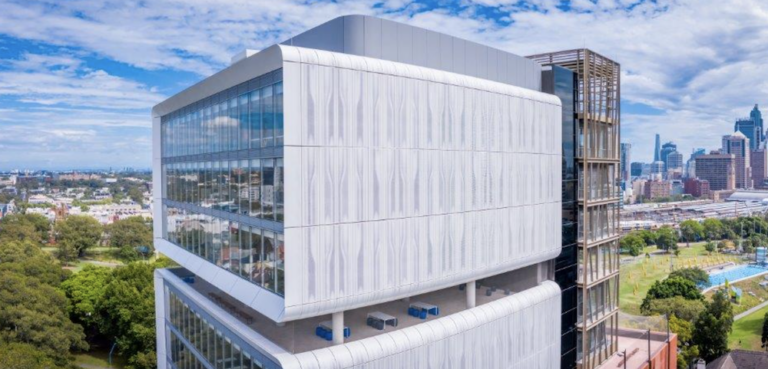



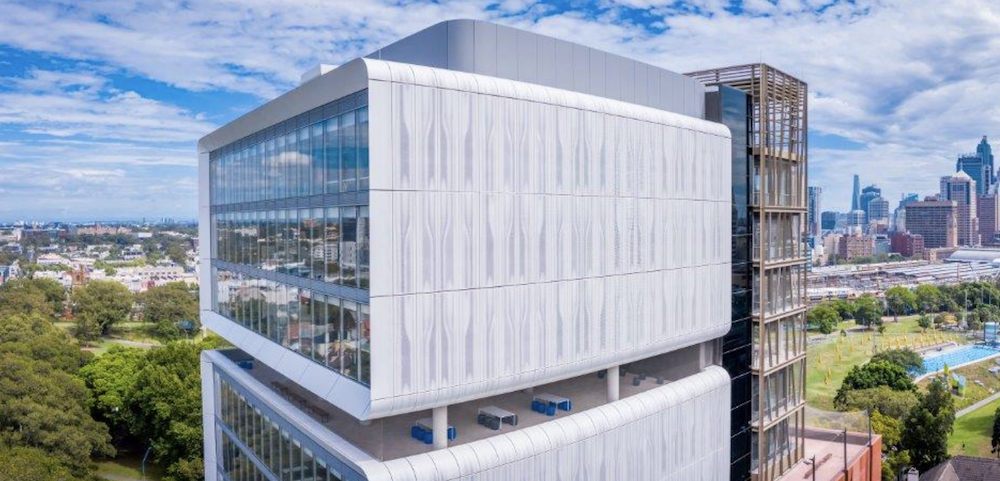
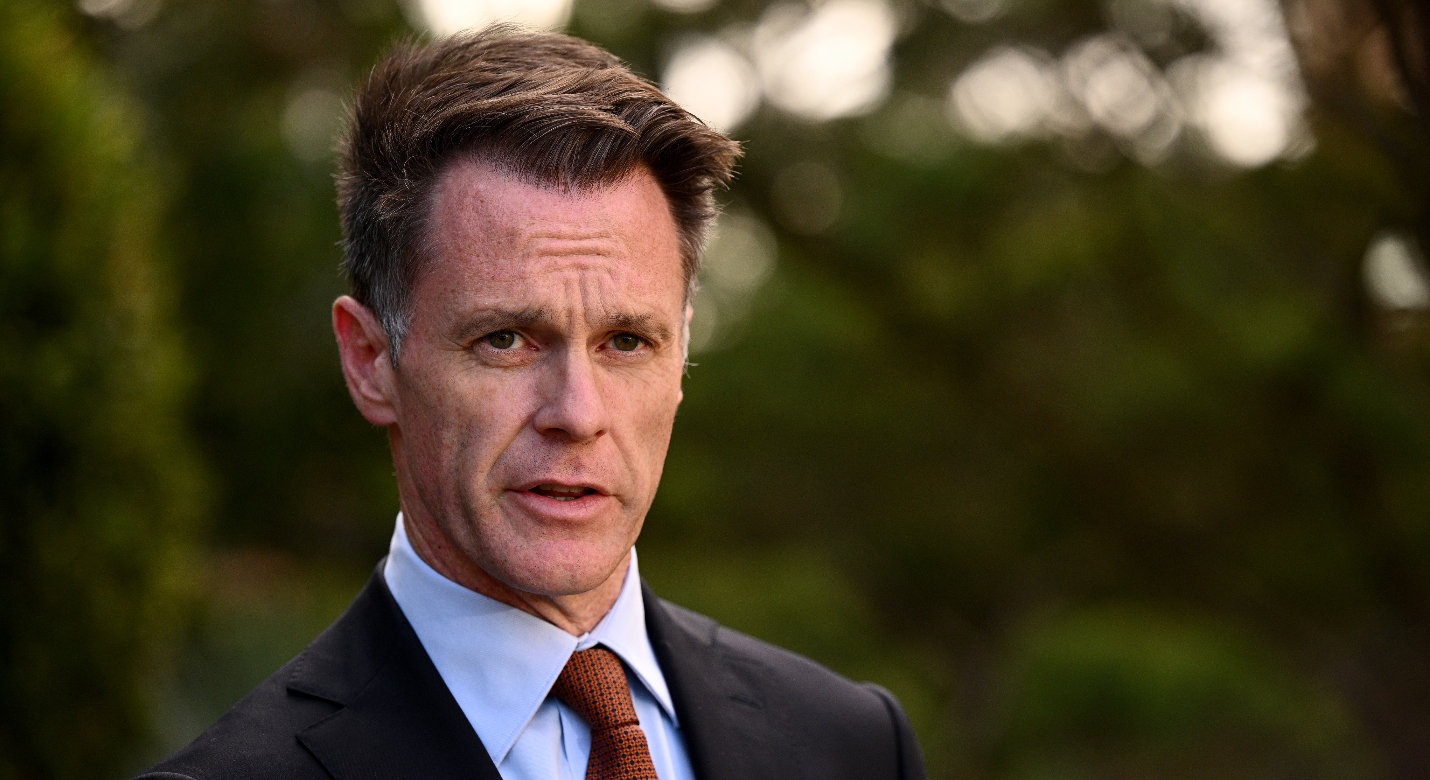


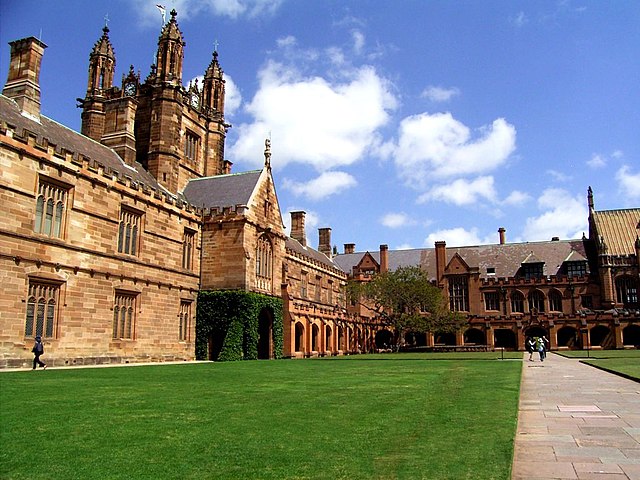
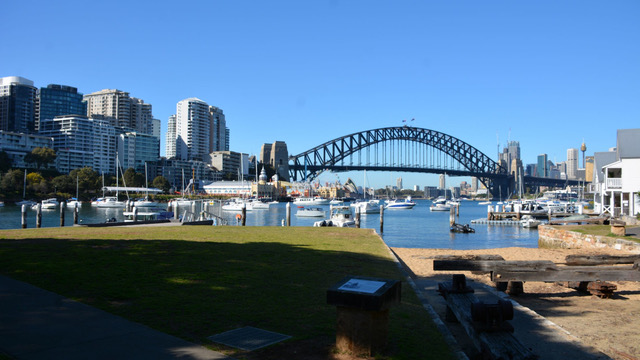
Leave a Reply